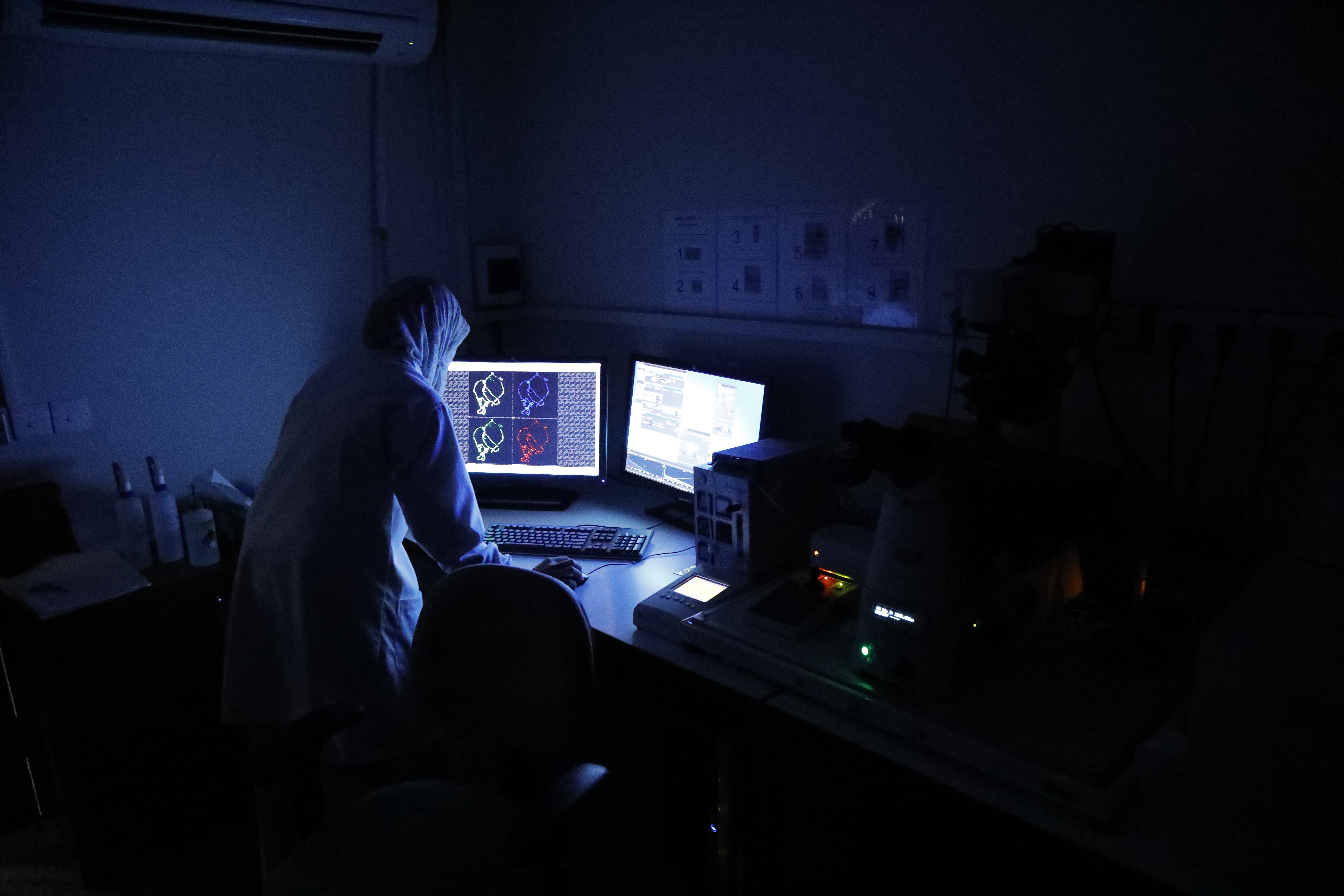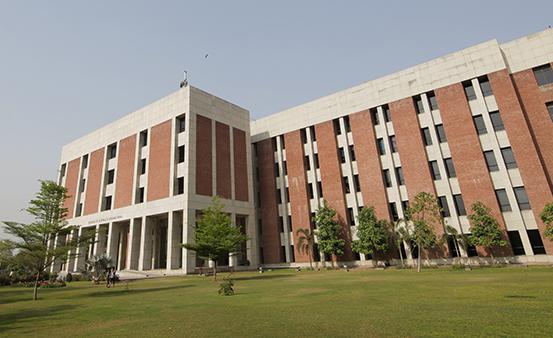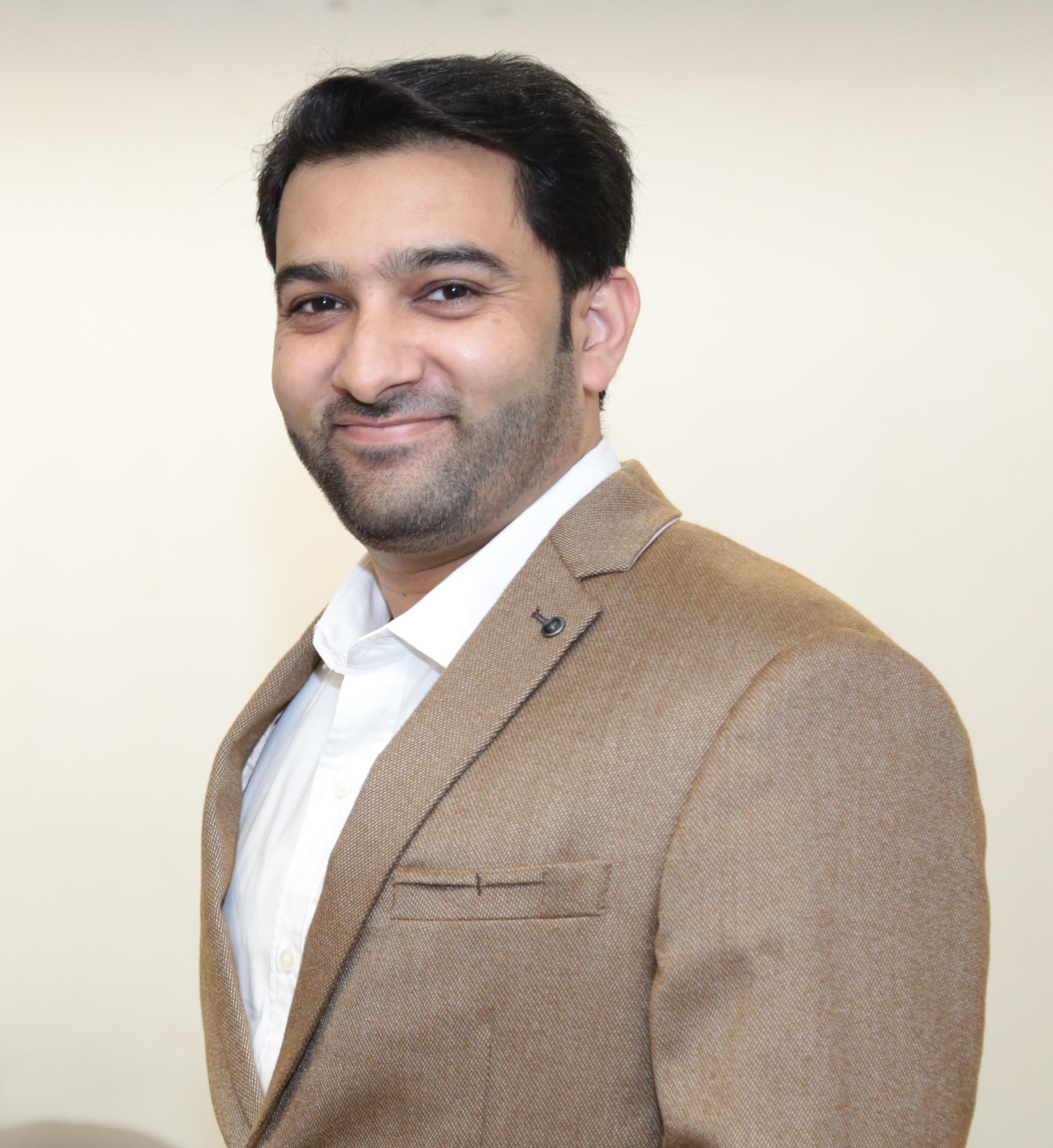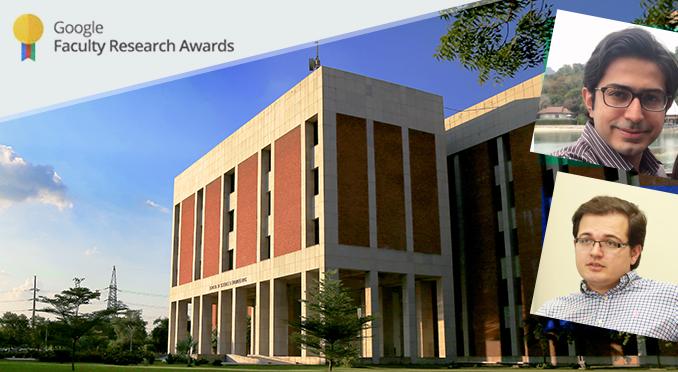
Life starts with a single cell. You were once only a cell that multiplied and divided into similar copies. But now, as an adult, you are made up of trillions of cells, of different kinds. Ever wondered what makes cells, arising from the very same cell, different from each other? What determines the fate of cells? Which factors affect the different role of cells that have the same genetic make-up? What maintains the identity of different cell types existing in our body and what may be the consequences if cells lose their identity? These very questions are the topics of a very interesting research at the LUMS Epigenetics Lab – the first epigenetics lab in Pakistan – led by Dr. Muhammad Tariq, Associate Professor of Biology at Syed Babar Ali School of Science and Engineering, LUMS.
Dr. Tariq joined LUMS in 2009 when he came back to Pakistan and started building the Biology programme at LUMS. He put epigenetics at the heart of his research. Epigenetics deals with chemical changes on a level above DNA which are responsible for literally turning genes into Off or On states and they are responsible for our proper development as humans. Analogous to a tube light, when a gene is On, it is functional and when a gene is Off, it is non-functional. Where DNA is considered the basic genetic material we inherit from our parents, epigenetics encompasses all chemical modifications on DNA and molecules which wrap DNA and their consequences on gene expression (On or Off) which we inherit from our parents. To conduct a research on the molecular link between epigenetic cell memory and cell signalling during development and the epigenetic basis of diseases, Dr. Tariq chose Drosophila as a model system because molecular, biochemical and genetic tools available in fruit fly research are key to address fundamental questions in development.
“I am training my BS Biology students in conducting cutting-edge research in epigenetic cell memory using the fruit fly system. Till now I have trained more than thirty senior students in various aspects of epigenetic cell memory. A very important milestone in this whole process was the senior project of Ms. Zain Umer (BS Biology 2012) who made the first DNA plasmid, also termed the GFP based reporter system. Dr. Saima Anwar, a former postdoctoral fellow at the department and Ms. Umer both worked extremely hard to ensure we have preliminary data to see if we may rely on our experimental approach and the reporter system which Ms. Umer constructed by engineering different molecules of fly DNA together with GFP. Ms. Umer’s thesis gave us a much-needed boost and was a turning point because then we just redesigned and improved the reporter system later for an efficient analysis,” shared Dr. Tariq.
The focus of Dr. Tariq’s research is how cell fates are determined, for example how the identity of eye cells, liver, heart, kidney etc. are established and how they are maintained. In addition, can fates of cells be changed from one cell type to another? The research focuses on discovering the molecular link between epigenetic factors and cell signalling and the communication network existing in cells which ensures that cells remember their identity i.e. epigenetic cell memory throughout the life of an organism. The molecular and genetic analysis in fruit flies has discovered two groups of genes, namely the Polycomb group and Trithorax group genes, which act as silencers and anti-silencers, respectively.
The fundamental aim of this research is to discover novel genes which are involved in the maintenance of cell fates and to notice the missing link of Polycomb and Trithorax group proteins with the cell signalling network.
Defects in epigenetic cell memory lead to cancer. Anything new discovered by this research will contribute to the knowledge of cancer and hence would help in identifying underlying factors causing cancer. But the scope of this research is far beyond that. The findings of this research may be relevant decades or centuries from now. A broader objective of this project is to generate world-class researchers who are self-driven and passionate about fundamental research and who will take up challenges of life sciences, agriculture and medicine in our country.








